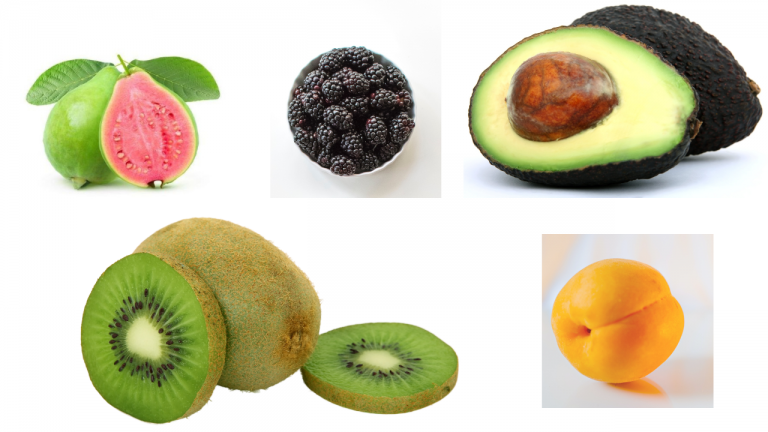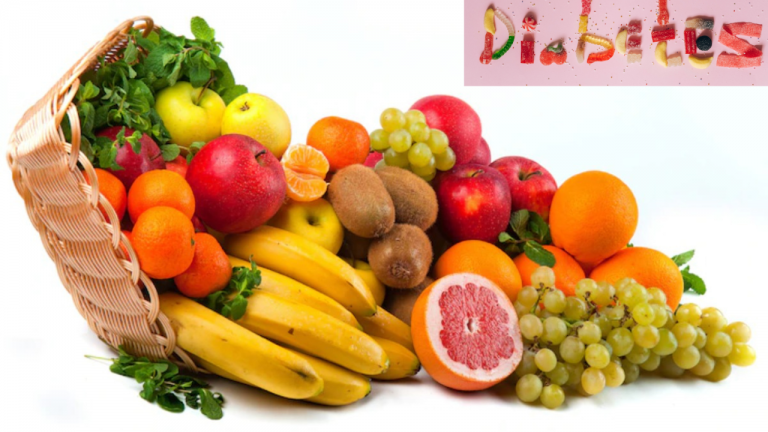Hacks to Get the Most Nutrition From Your Veggies

Getting the most nutrition from your vegetables involves proper selection, preparation, and cooking methods. Here are some hacks to maximize the nutritional value of your veggies:
Choose Fresh and Local: Opt for fresh, locally sourced vegetables whenever possible. They often retain more nutrients than those that have traveled long distances or been stored for extended periods.
Select a Variety of Colors: Different colored vegetables provide various nutrients. Aim to eat a rainbow of vegetables to get a wide range of vitamins, minerals, and antioxidants.
Eat Them Raw: Some vegetables, like leafy greens, peppers, and carrots, are more nutritious when consumed raw. Salads and veggie platters are excellent options.
Steam or Microwave: Steaming or microwaving vegetables with minimal water helps retain more nutrients compared to boiling. Quick cooking methods preserve the vitamins and minerals.
Don’t Overcook: Avoid overcooking vegetables, as this can lead to nutrient loss. Cook them until they are tender but still crisp to maintain their nutritional value.
Keep the Skin: When appropriate, leave the skin on vegetables like potatoes, sweet potatoes, and zucchini. The skin is often rich in fiber and nutrients.
Use Vegetable Broth: When cooking vegetables, consider using the cooking water as a base for soups or sauces. This can help retain some of the nutrients that leach into the water.
Pair with Healthy Fats: Many vegetables contain fat-soluble vitamins (A, D, E, and K). Combining them with healthy fats like olive oil or avocado can improve nutrient absorption.
Sprout and Ferment: Some vegetables, like broccoli and cabbage, can be sprouted or fermented to enhance their nutritional content and make them easier to digest.
Blend for Smoothies: Make green smoothies with leafy greens, such as spinach or kale, to benefit from their nutrients in an easy-to-consume form.
Eat Organic When Possible: Organic vegetables often have fewer pesticide residues and may contain more antioxidants.
Use Herbs and Spices: Add herbs and spices like garlic, turmeric, and oregano to your dishes. These can enhance flavor and provide additional health benefits.
Avoid Canned Vegetables: Canned vegetables are often processed and may lose some nutrients during canning. Fresh or frozen vegetables are usually better choices.
Store Properly: Store vegetables in a cool, dark place or the refrigerator to prevent nutrient degradation. Keep them in airtight containers to maintain freshness.
Don’t Discard Edible Parts: In some cases, you can eat the entire vegetable. For example, use broccoli stems and leaves, not just the florets.
Rotate Your Choices: Vary your vegetable choices regularly to ensure you receive a wide spectrum of nutrients and prevent nutrient imbalances.
Learn About Superfoods: Some vegetables, like kale, spinach, and sweet potatoes, are considered superfoods due to their exceptional nutrient profiles. Incorporate these into your diet.
Remember that a balanced diet with a variety of foods, including vegetables, is essential for overall health. These hacks can help you get the most nutrition from your veggies and make your meals both nutritious and delicious.



